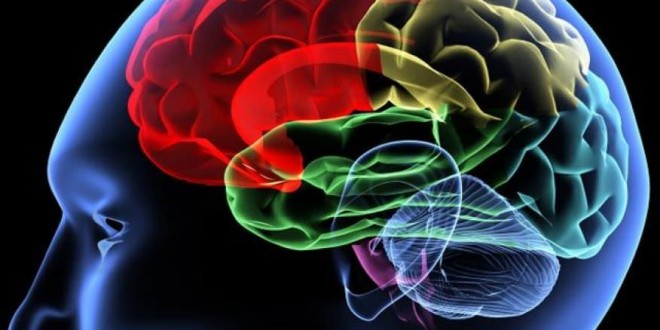A new study found that many children experience concussion symptoms months after the accident and the effects may linger long after the physical symptoms fade away.
The growing number of concussions among kids and teens has raised serious concerns worldwide. A new study finds more reason to worry about such head injuries.
A total of 235 children aged 11 to 22 who sustained a concussion completed a series of questionnaires regarding symptoms, cognitive and sports activity, and school and athletic performance for 3 months after their head injury or until all symptoms resolved. While most children recovered from their concussion within 2 weeks of injury, they experienced a large number of symptoms during that time period. More than two-thirds of patients still had a headache one week after the injury.
The most common symptoms were physical complaints such as headache, dizziness, and fatigue, which tended to start immediately after the injury but resolved over time. Emotional symptoms such as frustration and irritability were not as common right after the injury, but developed later during the recovery period in many patients. A majority of patients also experienced cognitive symptoms such as difficulty concentrating and taking longer to think.
Study authors conclude that physical symptoms of a concussion are likely to be more burdensome immediately after the injury, while the emotional symptoms often begin later even as the physical symptoms subside. Understanding this is important for caregivers and families who will be managing symptoms and helping with the child’s recovery.
Agencies/Canadajournal
 Canada Journal – News of the World Articles and videos to bring you the biggest Canadian news stories from across the country every day
Canada Journal – News of the World Articles and videos to bring you the biggest Canadian news stories from across the country every day



